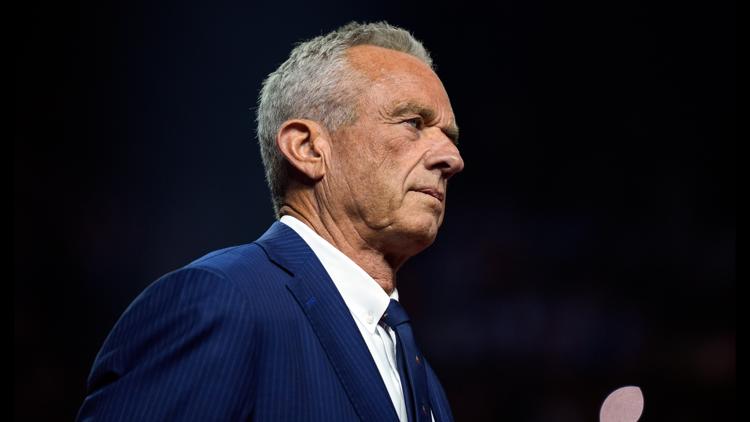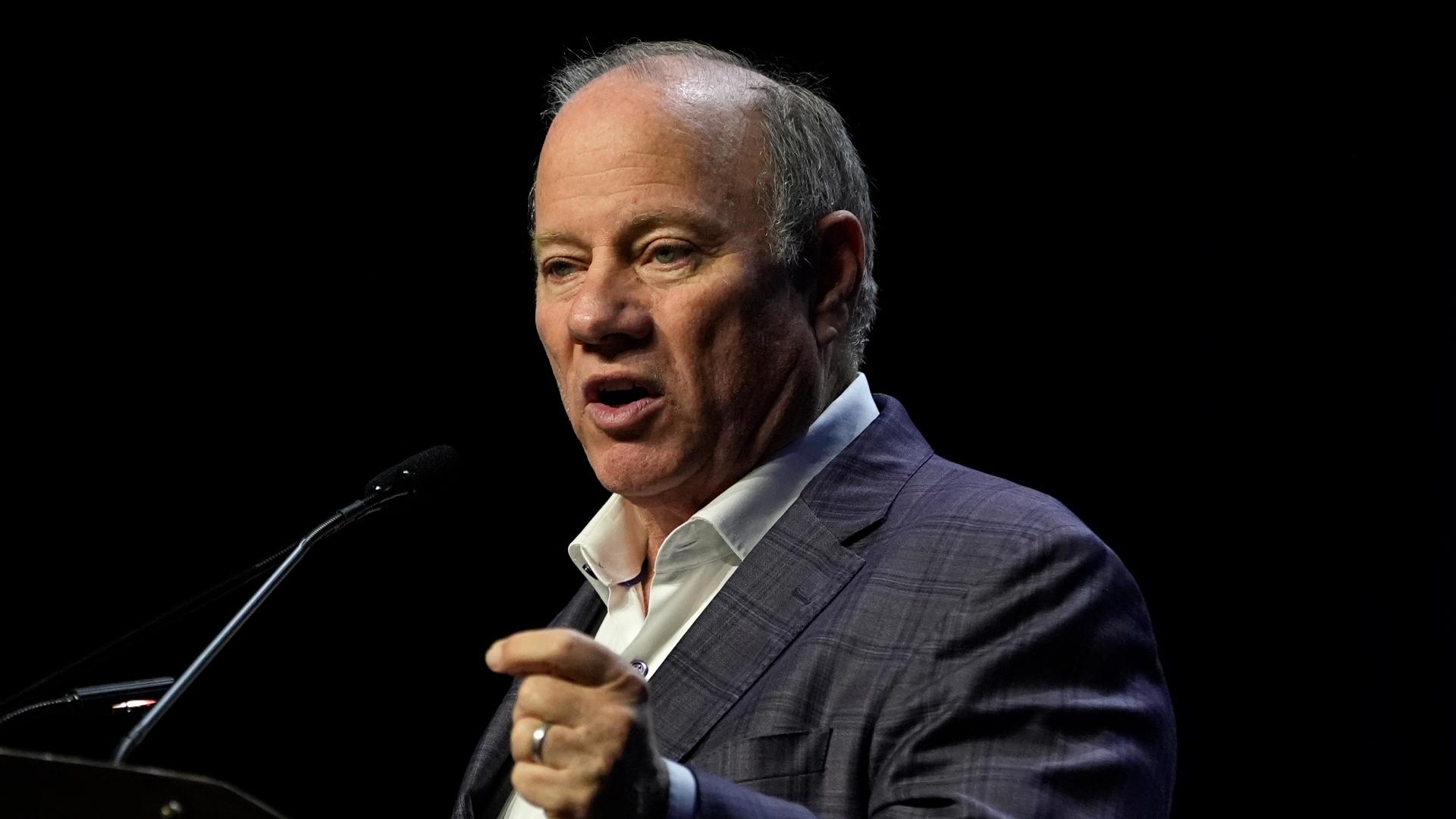GRAND RAPIDS, Mich. — Michiganders have been thrown for a bit of a loop over the last few days as to whether Robert F. Kennedy Jr.'s name will ultimately appear on the ballot in November.
But on Monday, the Michigan Supreme Court seemingly put that issue to rest.
In its ruling, the Court reversed a separate Friday ruling from the state's Court of Appeals that had said the Secretary of State would need to grant Kennedy's request to have his name taken off the ballot.
The Secretary of State - the defendant in this case - filed an emergency motion with the high court to stay the CoA's ruling, arguing that it was too late in the process.
The majority of the court agreed that, with Kennedy, the plaintiff, already on the ballot, the Secretary of State could keep him there.
The majority opinion, however, only ruled on the merits of this type of legal request and why they believed Kennedy's request did not meet the standard required.
Assuming, without deciding, that the Court of Appeals was correct in its interpretation of MCL 168.686a(4), plaintiff has neither pointed to any source of law that prescribes and defines a duty to withdraw a candidate’s name from the ballot nor demonstrated his clear legal right to performance of this specific duty, let alone identified a source of law written with " 'such precision and certainty as to leave nothing to the exercise of discretion or judgment,' "
In a concurring opinion, Justice Elizabeth Welch seemed to agree more directly with the Secretary of State's argument of timeliness.
In this case, Michigan’s Natural Law Party nominated plaintiff as its candidate for President on April 17, 2024. Plaintiff waited more than four months before asking defendant to remove his name from the ballot. When plaintiff made his request, defendant faced a deadline for ballot printing that was two weeks away. Additionally, the Natural Law Party, which opposed plaintiff’s efforts to remove himself from the ballot, had no opportunity to field a candidate and faced considerable prejudice.
The Court of Appeals acknowledged that plaintiff “waited four months after his nomination to attempt to have his name withdrawn from the ballot,” Kennedy, unpub op at 3, but it then opined that it was “not apparent that he delayed in withdrawing, as there is no evidence in the record about when the desire to withdraw arose,” id. But laches does not concern a plaintiff’s inner motives or desires—instead, it concerns the “effect” of a plaintiff’s delay.
Given plaintiff’s delay and the effects thereof, it is unclear to me that plaintiff had a “clear, legal right to” relief.
Kennedy asked to have his name taken off in a number of key swing states as he announced in late August that he was suspending his campaign activities and endorsing former President Donald Trump.
But what does it mean for the presidential race?
In recent polls, Kennedy has sported single digits in the polls in Michigan. But given just how close the race has been between the two major parties, that smaller coalition of Kennedy voters could make all the difference.
"A good showing of a third-party candidate is about 30,000 votes in Michigan," said Calvin University professor Doug Koopman. "Now, it could be closer than that. The election could be pretty close. It could be closer than that."
"And then, a good write-in candidate - they're lucky if they get 8,000 or 9,000 votes," he continued, as part of an interview with 13 ON YOUR SIDE conducted on Monday prior to the state Supreme Court's decision. "So, that difference is maybe 20,000 votes, right? So, I think the difference between a write-in that people really want, like if Kennedy fits that picture, versus him being on the ballot, might be 20,000 vote difference. If he's off the ballot, that would help Donald Trump."
"Would that switch the election results in Michigan? Well, it actually could. Probably not, but it very much could."
Koopman also acknowledged what he felt was a tough spot for which the Court to weigh in.
"I do think the backing-and-forthing of these decisions does harm, really, the atmosphere around the election," Koopman said. "So, the quicker it can be done, and the less back-and-forth thing there is, I do think that's better - at least for the electorate, for the voter.
Also prior the state Supreme Court's ruling, the Trump campaign responded Monday afternoon when asked as to their tactics of potentially courting the Kennedy vote.
"The scion of the most preeminent Democrat political dynasty in American history endorsing President Donald J. Trump with a call for unity is indicative of the growing momentum behind President Trump and worsening dissatisfaction with the dangerously incompetent Kamala Harris," said Trump campaign Michigan Communications Director Victoria LaCivita. "Robert F. Kennedy, Jr. and countless other former Democrats are going to cement Michigan as Trump Country in November."



